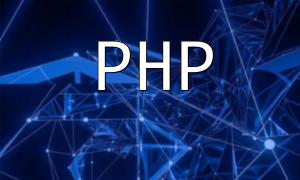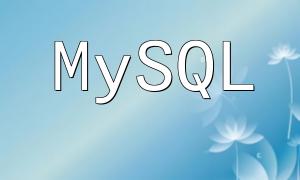Logging is an essential part of any application, providing developers with real-time insight into system behavior to quickly identify and resolve issues. PHP offers a variety of logging options that can be configured to achieve efficient and flexible log management.
The PHP PSR-3 standard defines a unified logging interface, including the ILogger interface and log level constants. Adhering to the PSR-3 standard allows easy switching between different logging frameworks, such as the popular Monolog library, enhancing log portability and extensibility.
PHP supports multiple log drivers suitable for different scenarios:
use Monolog\Logger;
use Monolog\Handler\StreamHandler;
use Monolog\Processor\UidProcessor;
// Create a logger channel
$logger = new Logger('my-channel');
// Add a filesystem handler
$handler = new StreamHandler('my-app.log');
$logger->pushHandler($handler);
// Add a UID processor to generate unique request IDs
$processor = new UidProcessor();
$logger->pushProcessor($processor);
// Log an informational message
$logger->info('I have just been initialised...');Designing and configuring a robust PHP logging system is key to maintaining application stability. Using the PSR-3 standard interface and libraries like Monolog greatly improves logging flexibility and maintainability. When encountering logging issues, systematically checking permissions, configurations, and handlers usually helps quickly identify the root cause. We hope these techniques help you build a stronger logging framework.









